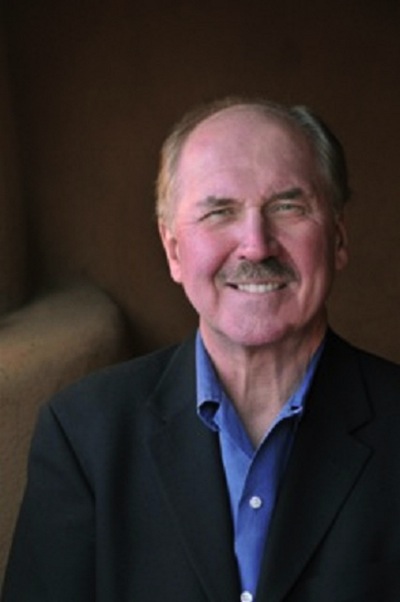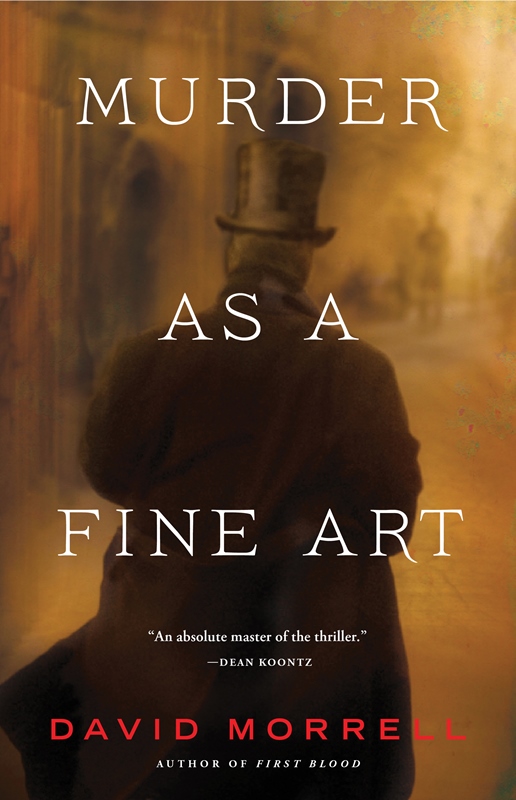 “Your story reminds me of Geoffrey Household,” my writing teacher said. I was then a graduate student at Penn State. I’d been trying various genres without success, even producing some terrible imitations of Faulkner and Joyce. One day, responding to a powerful daydream, I wrote an outdoor hunter-hunted story that made my teacher say, “You might have found your direction.” He pulled a novel from a shelf and handed it to me. “I think you can learn from him.” The book was Rogue Male. Its author was Geoffrey Household. My life changed.
“Your story reminds me of Geoffrey Household,” my writing teacher said. I was then a graduate student at Penn State. I’d been trying various genres without success, even producing some terrible imitations of Faulkner and Joyce. One day, responding to a powerful daydream, I wrote an outdoor hunter-hunted story that made my teacher say, “You might have found your direction.” He pulled a novel from a shelf and handed it to me. “I think you can learn from him.” The book was Rogue Male. Its author was Geoffrey Household. My life changed.
Rogue Male (1939) is about a British big-game hunter who stalks Hitler on the eve of the Second World War. On the surprising first page, the hunter is captured. On page three, he escapes. The rest of this remarkable thriller dramatizes his desperate attempts to elude his pursuers. For the last third of the book, he hides in a hole in the ground.
The inventiveness of the plot, the power of the action, and the quality of the prose opened my eyes to the wonder of suspense fiction. “I’m allowed to write this way?” I thought, feeling liberated from the dustiness of what graduate school had taught me to believe was acceptable writing.
Household, I found out, was an Oxford graduate who worked for British military intelligence during World War II. His subsequent adventurous life took him all over the world, providing bountiful material for his novels. In his long career, he wrote several more classic thrillers: Watcher in the Shadows, The Courtesy of Death, and Dance of the Dwarfs (the latter is one of the most frightening novels I ever read). Household’s specialty was breathless outdoor action with archetypal descriptions of the fields, forests, and caves through which his adversaries stalk one another. His characters tell their stories with an understated British tone that masks the primal emotions they struggle to subdue. I was—and am—in awe.
 A few years later, I finished my debut novel, First Blood. Because its fields, forests, and caves resembled Household’s universe, I sent him a copy, and he responded that my action was far too bloody for him, a comment that I treasure because it shows that a writer can be influenced without imitating. He and I continued a correspondence until his death in 1988. His complete works fill several of my shelves. I often take out Rogue Male and admire its amazing first page—and silently thank him.
A few years later, I finished my debut novel, First Blood. Because its fields, forests, and caves resembled Household’s universe, I sent him a copy, and he responded that my action was far too bloody for him, a comment that I treasure because it shows that a writer can be influenced without imitating. He and I continued a correspondence until his death in 1988. His complete works fill several of my shelves. I often take out Rogue Male and admire its amazing first page—and silently thank him.
David Morrell is the award-winning author of First Blood, the novel in which Rambo was created. Murder as a Fine Art is a Victorian thriller about the infamous Ratcliffe Highway killings.
Author website: www.davidmorrell.net
This "Writers on Reading" essay was originally published in "At the Scene" enews May 2013 as a first-look exclusive to our enewsletter subscribers. For more special content available first to our enewsletter subscribers, sign up here.


